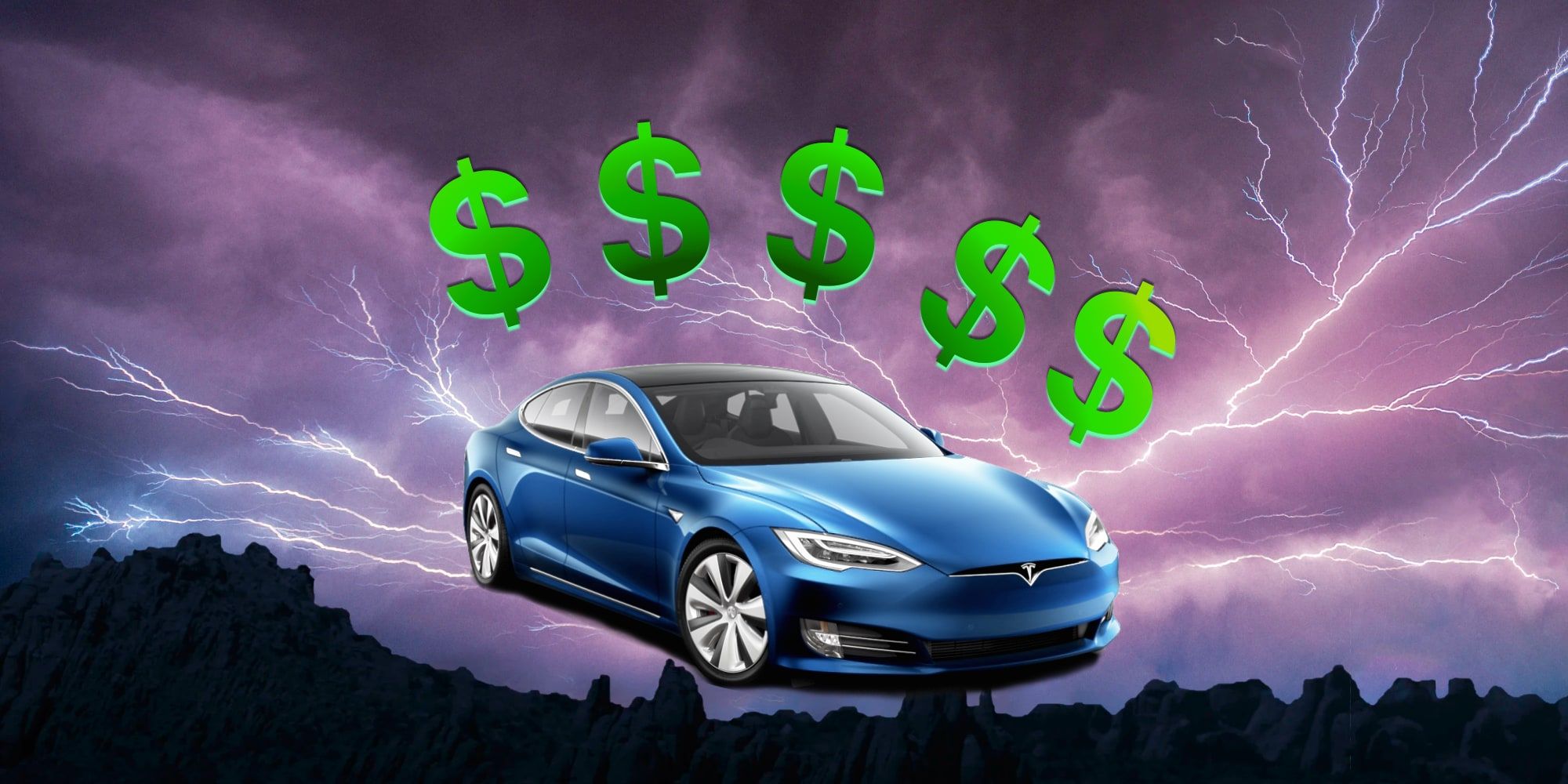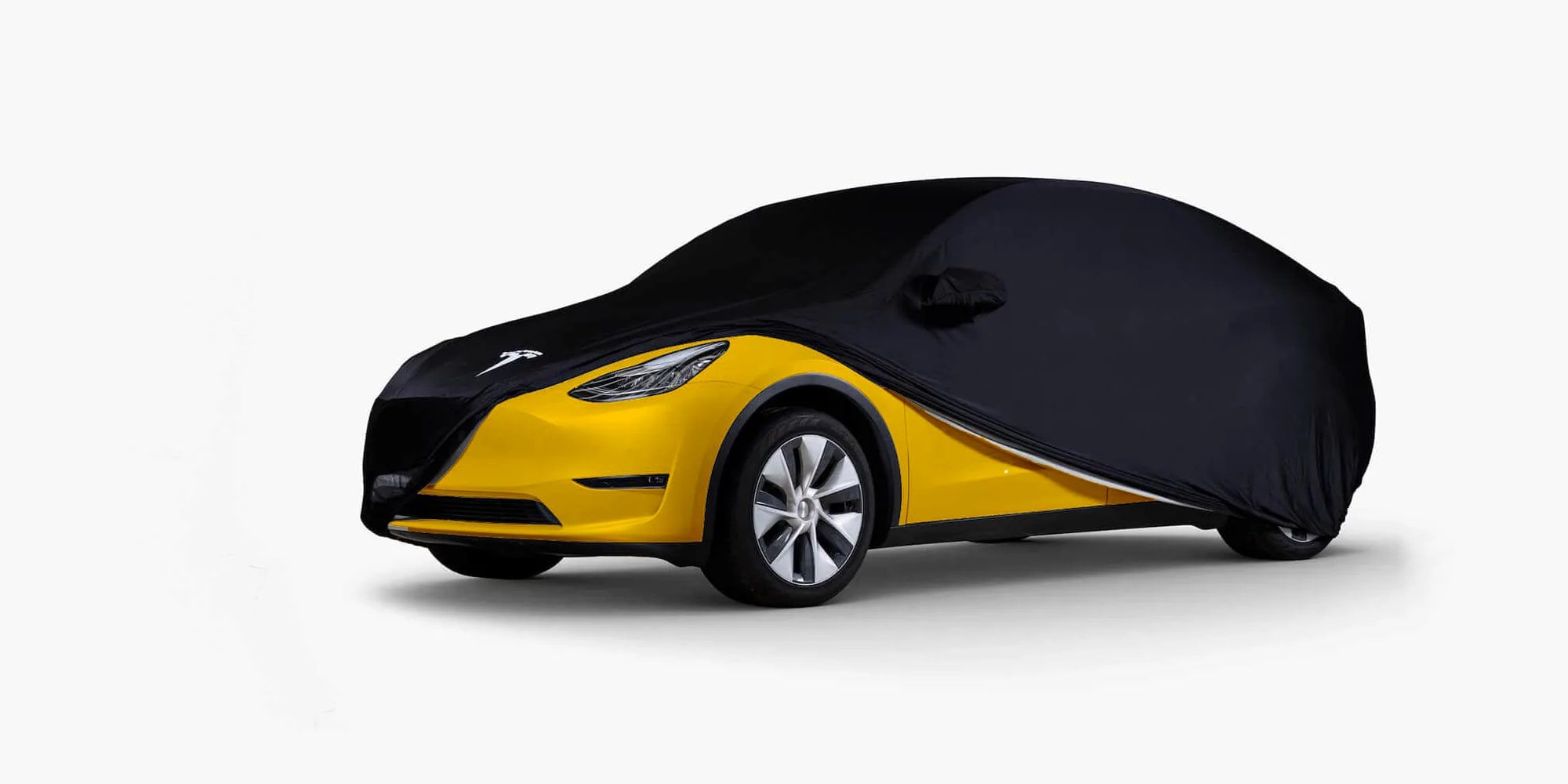Electric vehicle prices continue to climb, reversing a downward trend that was inspired by Tesla, demanding some solution to recent problems. Unfortunately, even as costs are soaring, government incentives have been exhausted for two major automakers already. This unfortunate timing is terrible news for eager buyers ready to invest in more energy-efficient and sustainable vehicles. Only to face significant price increases.
When Tesla launched its $35,000 Model 3 in 2019, it was a new milestone for the company and the industry. While there had been low-cost electric vehicles before, they came with serious trade-offs. Range limitations and a lack of charging infrastructure hampered earlier efforts at moving the industry to greener technology. It took a massive leap of faith and heavy investment by Tesla to launch an attractive and powerful electric car at such a low price while simultaneously building out a massive Supercharger network.
Tesla is leading the electric vehicle market, and where it goes, other automakers will have to follow. If Tesla manages to cut costs, others will be forced to as well. Unfortunately, cutting costs doesn't appear to be likely soon as global supplies of the components needed to manufacture cars remain tight. Even more challenging, the metals used in EV batteries must be mined and are increasingly hard to come by as more and more manufacturers vie for those same materials. A fresh round of government incentives was planned to lower consumers' costs, but Congress is holding up that bill. That means it might be up to the industry and leading manufacturer Tesla to develop a plan to solve EV pricing.
EV Pricing Solutions
Tesla's $35,000 car now starts at $46,990. Lucid Motors also recently announced a price increase. Even when manufacturers hold prices steady, dealerships might raise the price of EV inventory due to strong demand. Tesla has various strategies to make electric cars pervasive but admits it will take several years to ever equal the number of traditional cars on the road. Plans such as Tesla's car-sharing program would allow any owner to make their car available for rent as part of a Tesla Network. This relies on fully autonomous driving, allowing the owner to make the car available on the network via the mobile app and then recall it to their location when needed again. Since the Full Self-Driving Beta is still a work in progress, this will take time.
Tesla also plans for autonomous driving to reduce the cost of manufacturing an EV dramatically since a large amount of hardware is included for a human driver. If the steering wheel, pedals and mirrors are taken out of the equation and related components streamlined for machine control, the price target for Tesla's future fully-autonomous car is $25,000. That would have a significant impact but is, again, years away. In the short term, the prices of electric vehicles will likely remain high. Of course, the cost of gas has climbed substantially as well, making it a matter of whether the expense comes sooner or later. A Tesla will last longer and cost less as more miles are driven. That same math applies to many other EVs, making it the right choice even with a higher upfront cost.
Source: Tesla


